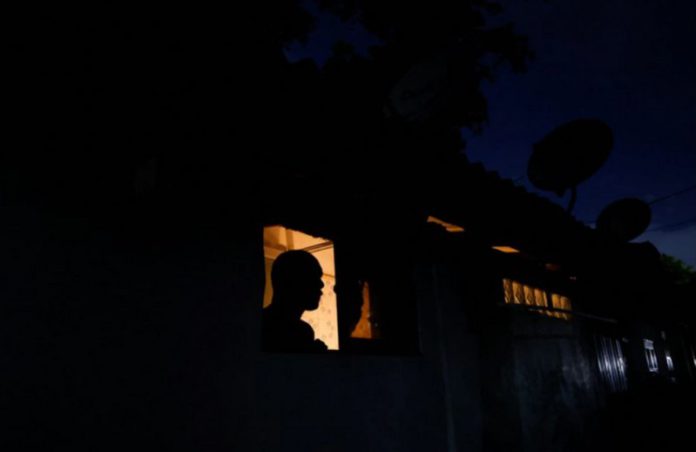The Institute for Energy Security (IES) has asked the Energy and Finance Ministries to urgently provide the money required to solve the current energy sector challenges.
The Institute noted that the current challenges in the sector were mainly due to inadequate liquidity in procuring fuel for some power plants to operate to full capacity and said the two Ministries must fix it.
It also reiterated the call for the government to resource ECG to bring down its technical and commercial losses, deploy more smart metres capable of detecting theft, and have an efficient distribution system to rake in more revenue.
Doing so would help in fulfilling ECG’s mission of providing quality, reliable and safe electricity services to support the economic growth and development of Ghana, IES noted.
The Institute’s recommendation is on the heels of recent sanctions by the Public Utilities Regulatory Commission (PURC) against the Electricity Company of Ghana (ECG) for various regulatory breaches.
Speaking with the Ghana News Agency on the matter, Nana Amoasi VII, Executive Director, IES, said the liquidity challenges had resulted in effective maintenance of some of the plants, as scheduled, leading to the outages.
“We expect the Ministry of Energy to coordinate and work with the Ministry of Finance to find alternative funding sources to deal with the challenge, thus, to procure fuel to get some of the power plants online,” Nana Amoasi VII said.
On the regulatory sanctions, he said the action by PURC was necessary to send a signal to other service providers of the readiness of the Regulator to bite anyone who went contrary to the rules of engagement in the sector.
“The current action is consistent with the oversight responsibility that PURC must have over the industry,” he said and encouraged ECG to oblige with the orders of the Regulator.
Nana Amoasi also urged the Regulator to carry out any other sanction against ECG should it fail to honour the April 22 payment to PURC and the April 30 payment to cash waterfall mechanism beneficiaries.
The Public Utilities Regulatory Commission ordered the Management and Board of ECG to pay GHS446,283,706.29 before or by April 30, 2024 to ‘Category B’ beneficiaries of the cash waterfall mechanism.
This comes after ECG failed to pay shortfalls from August 2023 to February 2024 to beneficiaries by March 25, 2024.
For failure to submit details of all bank accounts to the Commission, PURC imposed an initial regulatory charge of 3,000 penalty units on ECG amounting GHS36,000, which is to be paid by April 22, 2024.
Mr Ishmael Edjekumhene, a Commissioner with PURC, on Wednesday, told GNA that they were yet to receive any update on any action taken by ECG on payment or negotiations on the sanctions.
Last month, Mr Sam Dubik Mahama, Managing Director, ECG, highlighted the need for consumers to promptly pay their bills to increase revenue and enhance the Company’s operational efficiency.
Meanwhile, the Energy Commission in its 2024 Energy Outlook for Ghana, highlighted the need for critical investment for the energy and electricity sub-sector, particularly, improved gas supply reliability, owing to the increasing dependency on natural gas for power generation.
“The government should expedite action on the proposed construction of gas pipeline connecting Tema and Tarkoradi power enclaves,” the Commission recommended.
The Commission noted that the security and adequacy of fuel supply to thermal plants remained the single most important risk to power supply reliability in the country.
“In this regard, it is strongly recommended that all stakeholders work together to ensure that the fuel supply is adequate and secure at all times,” the Energy Commission stated in its report.
ALSO READ:

